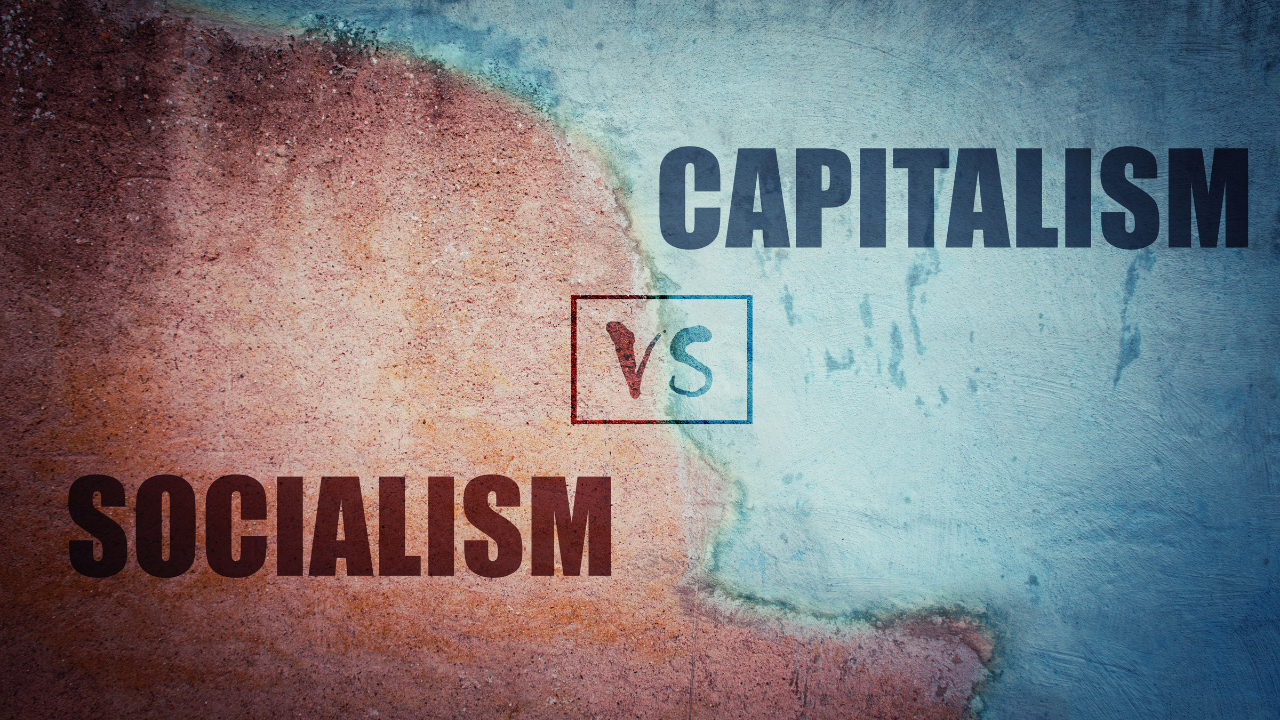Joseph Schumpeter: Capitalism, Socialism, and Democracy (Part II)

See Part I here.
"Capitalist economy is not and cannot be stationary," posited Joseph Schumpeter. Capitalism is an evolutionary process, and the system is revolutionized from within through the constant introduction of new methods of production, new commodities, or new commercial opportunities. The desire to produce new items or old items in less expensive ways calls for new investments. As a result, the methods of doing business are always in the process of change. In a capitalist society, economic progress creates a sense of turmoil. Schumpeter was critical of Marx's failure to differentiate between the entrepreneur and the capitalist, even referring to Marx as "the author of so many misconceptions."
Although Schumpeter disagreed with Marx's reasons for his conclusion, Schumpeter supported Marx's view that capitalism cannot survive. Schumpeter claimed that capitalism's success would be the cause of its inevitable decline and fall. While modern corporations are the product of the capitalist process, they narrow the scope of capitalist motivation and eventually destroy capitalism. Not only will corporations destroy capitalism, but they will lead to the emergence of a socialist society. Schumpeter defined socialist society as one in which the economic affairs vested with a central authority, or put another way, society's economic affairs belong to the public and not private institutions.
Schumpeter demonstrated that the capitalist order is not just an economic system but is also a framework of social change. Before capitalism, individuals from lower classes could not move up into higher social positions based solely on their accomplishments. "All the features and achievements of modern civilization are, directly or indirectly, the products of the capitalist's process," said Schumpeter.
At the same time, unlike other types of society, capitalism creates and breeds social unrest. In the pursuit of specialized office work, employees are trained to fit a specific mold. They abandon their personalities at work, just to be treated like another office worker, who can be easily replaced.
Capitalism has also contributed to the vast expansion of higher education, leading to a large supply of professional "white-color" employees. On the flip side, higher education has also contributed to sectional unemployment in which white-color workers cannot find satisfactory positions with wages above those paid to manual workers. "It may create unemployability of a particularly disconcerting type," observed Schumpeter. Individuals with a college education can become unemployable in manual occupations and, at the same time, not be employable in professional work either due to poor academic records or an oversupply of qualified job candidates. Such situations could lead to discontent, which breeds resentment. Schumpeter argued that his theory "accounts for the fact that this hostility increases, instead of diminishing, with every achievement of capitalist evolution." Capitalist evolution eventually creates a labor movement.
At this point, as Marx indicated, intellectuals verbalize the labor movement and provide theories and slogans. This leads to hostility and eventually to a class war. With time, that hostility compromises the capitalist system, and it ceases to exist. As mentioned earlier, both Marx and Schumpeter proclaimed that socialism emerges out of the destruction of capitalism. Schumpeter did soften the language and conceded that destruction might not be the right word, and transformation may be more appropriate.
Schumpeter further described what to expect from socialism. He called socialism "a new cultural world." By removing economic worries from individuals, the presumption is that cultural energies will be released that otherwise would have been spent on "the struggle for daily bread." At the same time, Schumpeter envisioned a socialist organization as an "all-embracing bureaucratic apparatus."
Even though both Marx and Schumpeter believed that capitalism would be replaced, they did not expect the change to occur immediately. "Attempts to establish socialism now would, for most of the great nations and many small ones, undoubtedly amount to courting failure," proclaimed Schumpeter. Similarly, Marx's doctrine specified that socialism would successfully emerge only once capitalism has run its course. He was skeptical of the movement in Russia, where his philosophies were eagerly embraced. Russia was attempting to go from a feudalist society to a socialist society, using the Marxian teachings. As Schumpeter noted, "He [Marx] should have seen - perhaps he did see - that the social and economic structure of Russia failed to fulfill every one of the conditions which according to his own doctrine are essential for the success and even for the emergence of his type of socialism."
I found Schumpeter's views on capitalism and socialism surprising. Seeing Joseph Schumpeter, who is often referred to as the "father of entrepreneurship" or the "father of creative destruction," name the first chapter of his book "Marx the Prophet" was unexpected. This shows that we cannot oversimplify complex topics and label them as good or bad based on our preconceived notions. Schumpeter's views made me realize that if we want to create a future of work that will benefit everyone, then we need to dive deeper into the theories and philosophies that influenced the creation of the working conditions we are experiencing today. Only once we fully understand how we got here can we start designing something better for the future.